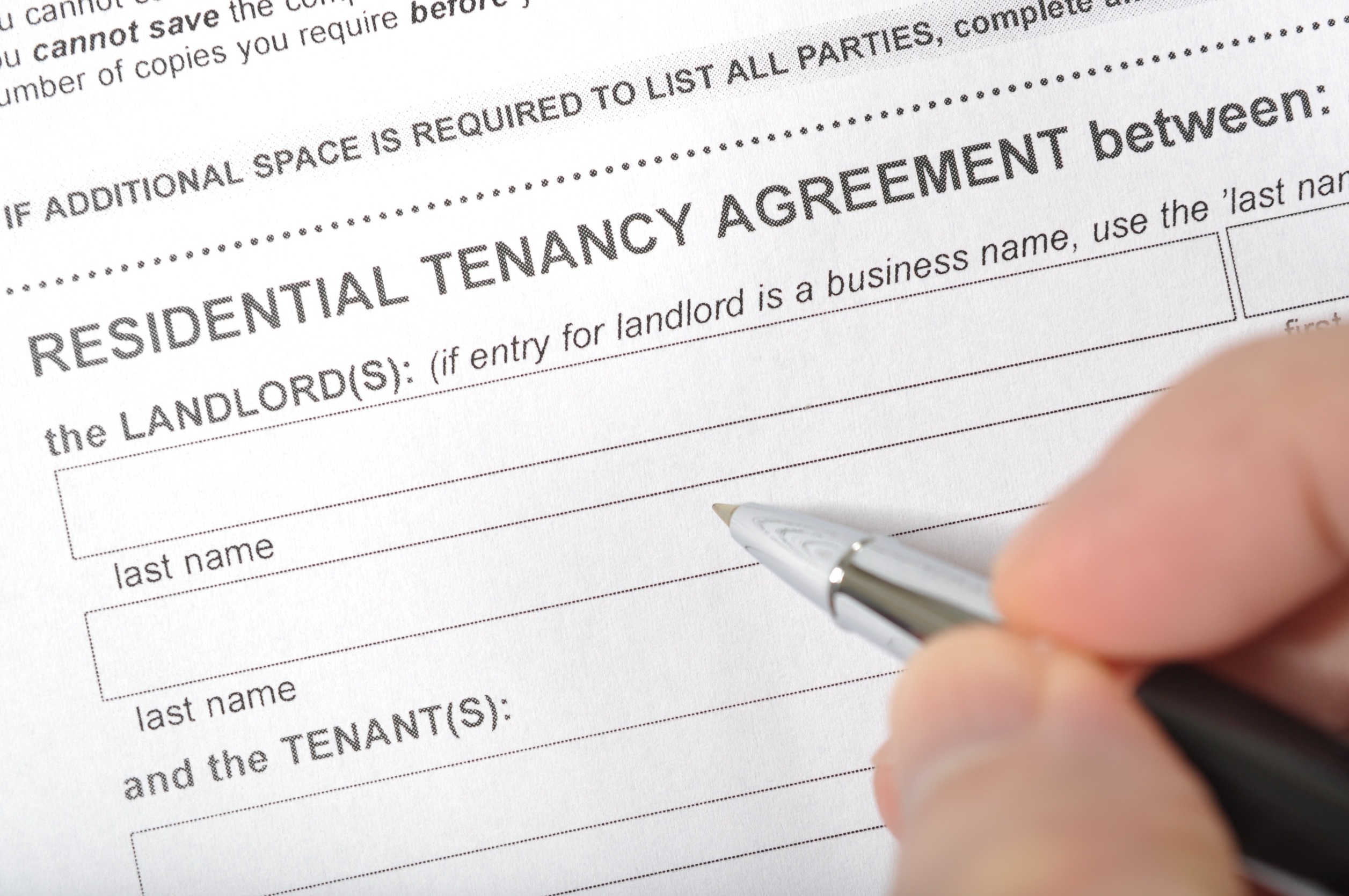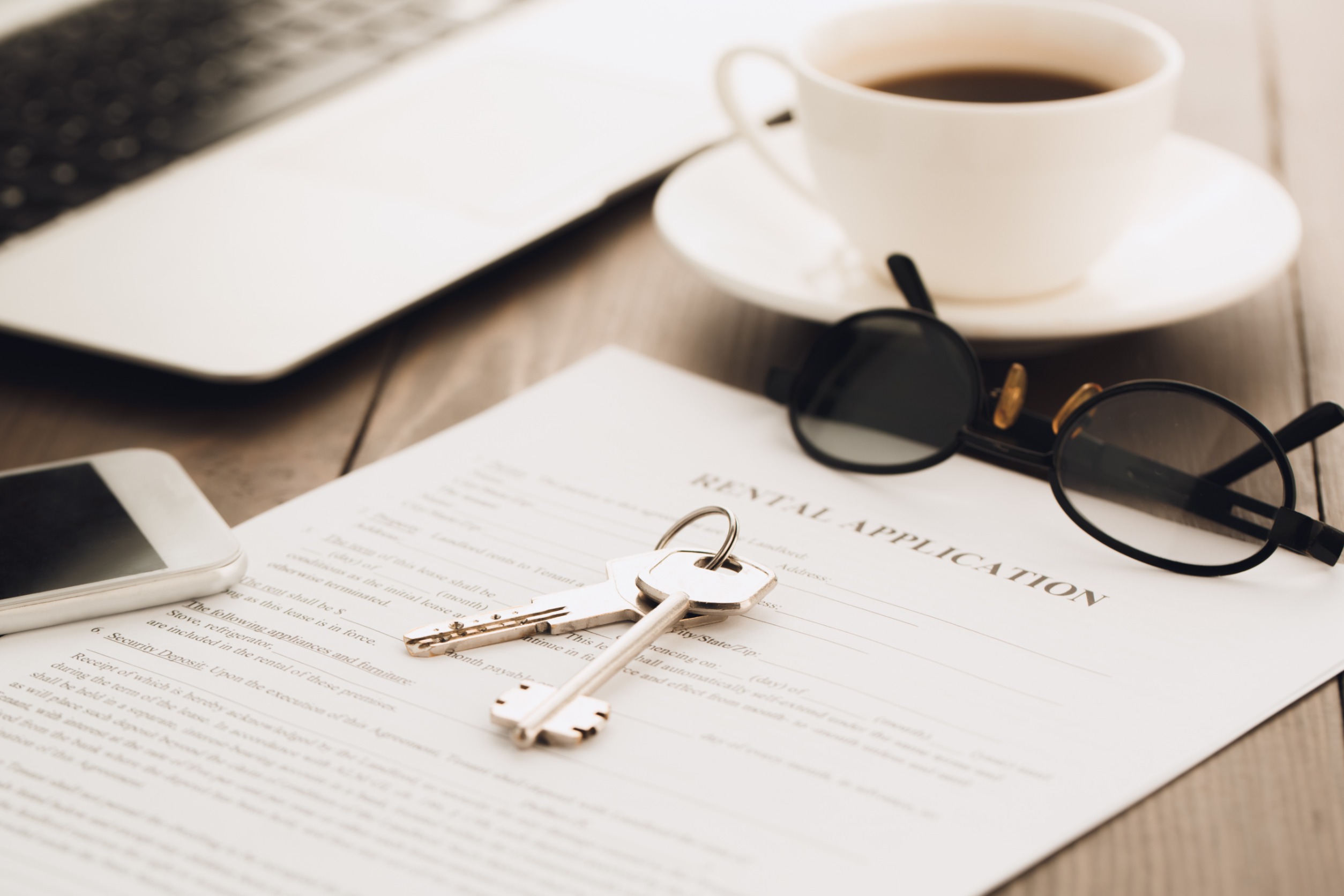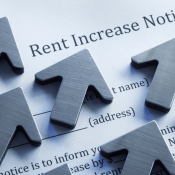tenants
- Home
- Posts tagged"tenants"
PTL Lettings
18 Dec 25
7 Unexpected Things Tenants Report More Often in December
When temperatures drop and the festive lights come out, the types of maintenance issues tenants
PTL Lettings
02 Oct 25
Landlord Tips: Renting to Tenants with Pets
If you’re a landlord in Peterborough, a situation you may have already encountered is making
PTL Lettings
05 Jun 25
Dealing With Pests in a Rental Property
As a landlord, dealing with pests in a rental property is one of those jobs
PTL Lettings
13 Feb 25
Tenant Screening Made Easy: Why Landlords in Peterborough Should Consider Professional Help
Tenant screening is one of the most important tasks for any landlord, in ensuring
PTL Lettings
05 Dec 24
Are Property Inventories Important? 10 Reasons Why You Need One!
Inventories might seem like just another checklist when it comes to renting in Peterborough, but they
PTL Lettings
24 Oct 24
What is an AST?
An AST, or Assured Shorthold Tenancy, is the most common type of tenancy agreement between
PTL Lettings
22 Aug 24
What Are Holding Deposits? A Guide for Peterborough Landlords
As a landlord in Peterborough, you may ask what are holding deposits, and wonder how
PTL Lettings
08 Aug 24
How to Handle a Nuisance Tenant
Whether it’s noise complaints from the neighbours or something more serious like always paying rent
PTL Lettings
25 Apr 24
Should I Let Tenants Keep A Pet?
Data circulating the property industry provides a clear message – landlords don’t like tenants keeping
PTL Lettings
18 Apr 24
Is Mould In Rented Property A Landlord’s Responsibility?
Over the past couple of decades, rental accommodation in Peterborough has greatly improved, however mould
Recent Posts
All Categories
Tags
2026
advice for landlords
assured tenancy agreement
AST
attract tenants
best tenants
buy-to-let
checklist
christmas tenancies
December
Diamond
festive tips for renters
garden
hybrid working
kerb appeal
landlords
legionaires disease
legionella
Letting
lettings
Luxury
Luxury Living
maintenance
marketing
new year rentals
noise complaints
pest control
preparing a rental property
property inventories
property maintenance
property management
remote working
rental
rental property
rentals
renters' rights act 2026
rent increases
renting
renting to tenants with pets
tenancy agreement
tenancy deposit
tenants
void periods
winter rentals
work from home














